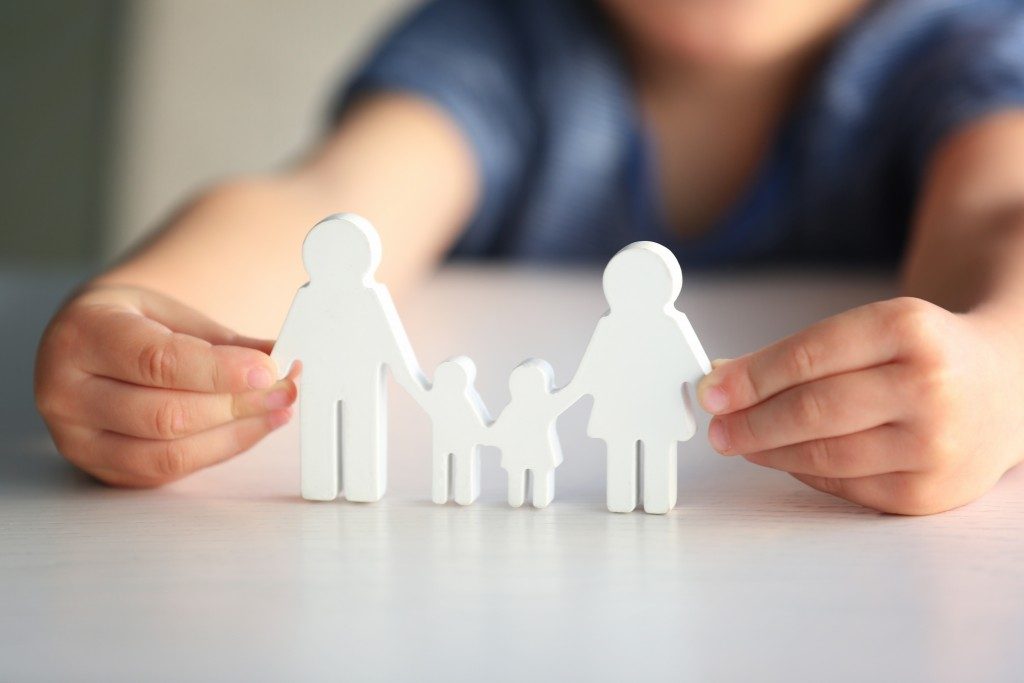
Published 14 December 2018, The Daily Tribune
Out of 752 children placed for adoption in 2017, only 387 were placed in adoptive families. While a lot of factors may have got in the way of parents wanting to adopt, some partly attribute it to the tedious process which the parents have to go through before they can adopt. This process, however, could not be as much overwhelming if we start to familiarize ourselves with the law.
Under Republic Act 8552 otherwise known as the Domestic Adoption Act of 1998, any Filipino citizen or foreigner residing in the Philippines for at least three (3) continuous years, of legal age but at least sixteen (16) years older than the adoptee, in possession of full civil capacity and legal rights and of good moral character, has not been convicted of any crime involving moral turpitude, emotionally and psychologically capable of caring for children, and who is in a position to support and care for the child, is qualified to adopt. The requirement of sixteen (16) year difference between the age of the adopter and adoptee may be waived when the adopter is the biological parent of the child, or is the spouse of the adoptee’s parent.
Generally, if the adopter is married, he or she should jointly adopt with his/her spouse. The affidavit of consent alone of the other spouse will not suffice to prove the latter’s consent to the adoption. Joint adoption is mandatory because the child becomes their common child and joint parental authority will be exercised by both of them. This rule on joint adoption does not apply however when: (1) one spouse seeks to adopt the legitimate son/daughter of the other; (2) one spouse seeks to adopt his/her own illegitimate son/daughter provided, however, that the other spouse has signified his/her consent thereto; or (3) the spouses are legally separated from each other. In all three instances, a spouse may adopt alone.
With respect to the adoptee, not all children are qualified to be adopted. Under the law, any person below eighteen (18) years of age who has been declared available for adoption may be adopted. If the person is already above legal age, he may be adopted if, prior to the adoption, he has been consistently considered and treated by the adopter as his/her own child since minority. A child whose adoption has been previously rescinded or whose biological or adoptive parent(s) has died may also be adopted provided that in the latter case, no adoption proceedings will be initiated within six (6) months from the death of the parents. In addition, a legitimate stepchild may be adopted by the stepparent, while an illegitimate child may be adopted by any qualified adopter to improve his/her status to that of legitimacy.
For adoption to take place, the written consent of the following persons must be secured: (1) The adoptee, if ten (10) years of age or over; (2) The biological parent(s) of the child, if known, or the legal guardian; (3) The children, ten (10) years of age or over, of the adopter(s) and adoptee, if any; and (4) The spouse, if any, of the person adopting or to be adopted.
Prior to adoption, counselling sessions, adoption fora and seminars should be provided to the prospective adoptive parents to resolve possible adoption issues and to prepare them for effective parenting. The child should also undergo counselling in order to ensure that he/she understands the nature and effects of adoption and is able to express his/her views on adoption in accordance with his/her age and level of maturity.
After undergoing counselling sessions, the prospective parents have to file a petition at the Family Court of the province or city where they reside to adopt the child they so desire. The court will then issue a directive for the court social worker to conduct a home study report. The court-appointed social worker shall thereafter conduct the home study and submit his report and recommendations. In conducting the home study, he should ascertain the genuine intentions of the prospective parents and ensure that adoption is in the best interest of the child.
Should the court be convinced that adoption is in the child’s best interest, it will give the adopters and the adoptee a supervised trial custody period for at least six (6) months within which they are expected to adjust psychologically and emotionally to each other and establish a bonding relationship. The court may reduce however the trial period if it finds the same to be in the best interest of the adoptee.
If, after consideration of the case studies, the qualifications of the adopters, trial custody report and the evidence submitted, the court is convinced that the prospective parents are qualified to adopt, and that the adoption would redound to the best interest of the adoptee, the court will issue a decree of adoption.
Adoption, being in the best interest of the child, it is the child and not the adopter which can rescind the adoption on any of the following grounds committed by the adopter: (a) repeated physical and verbal maltreatment despite having undergone counseling; (b) attempt on the life of the adoptee; (c) sexual assault or violence; or (d) abandonment and failure to comply with parental obligations. While the adopter cannot rescind the adoption, he may nonetheless disinherit the child.

